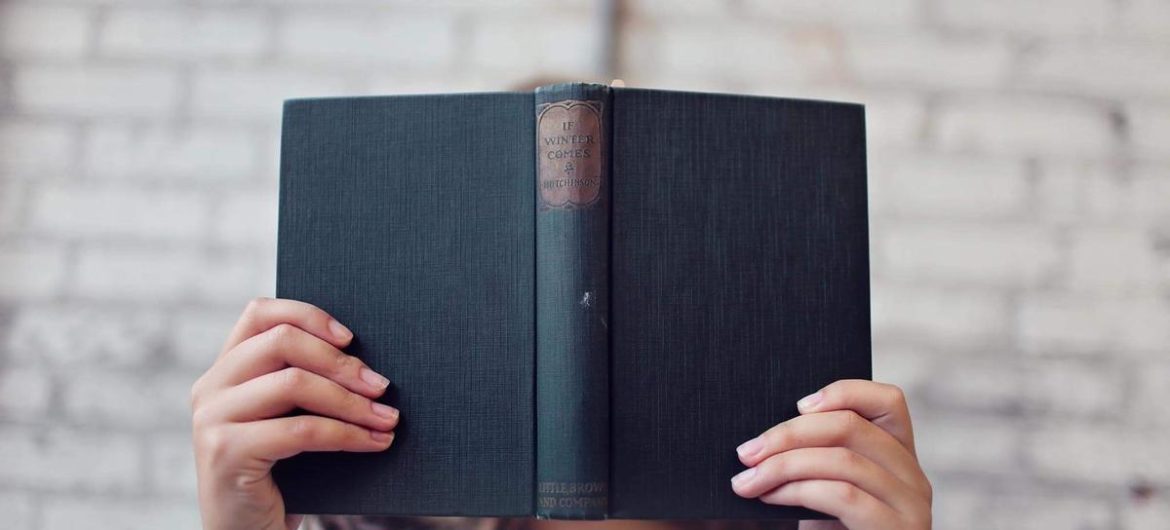Patricia Nicol shared a selection of books with characters wearing a face mask.
‘What a palaver,’ harrumphed an elderly lady last week, as she entered a service station bathroom where I was washing my hands. I gave her a sympathetic smile under my face covering.
What a palaver, indeed. But I do keep thinking of a gallows-humour internet meme I saw recently: ‘If you hate wearing a mask, you’re really not going to like the ventilator’. Stay home and stay safe, or do others the courtesy of wearing a mask in enclosed public spaces, is actually a simple guideline.
Would it help if face coverings had a better cultural reputation? From beaked plague-doctor hoods to Hannibal Lecter and V for Vendetta, we associate them not with safety but with precarious situations.
In Shakespeare, mask-wearing is often used to signal a carefree sexual freedom, where a character obscuring their identity actually reveals their true self. Romeo and Juliet, shorn of their warring tribes’ markers, dance together at a masque ball. In Much Ado About Nothing, disguised sparring lovers Beatrice and Benedict flirt at one.
In 18th-century literature, a masque ball often flags licentious behaviour. Henry Fielding’s Tom Jones is drawn farther into the web of the wicked Lady Bellaston at one such London soirée.
Sometimes a goodie is forced to wear a mask. Rumours about the true identity of an aristocratic prison inmate, The Man In The Iron Mask, drive the final adventure of Alexandre Dumas’s three musketeers in the climax of Le Vicomte de Bragelonne. Dumas based his character on a real-life masked political prisoner who died in the Bastille in 1703 after years of incarceration.

Few first meetings in modern fiction are as sinister as FBI ingenue Clarice Starling’s introduction to the notorious sociopath Hannibal Lecter in Thomas Harris’s The Silence Of The Lambs. He wears a mask to protect others from his cannibalistic tendencies.
If you are a fan, Hannibal Lecter Covid masks are selling online. It’s certainly one way to ensure strangers give you a wide berth in the supermarket.




